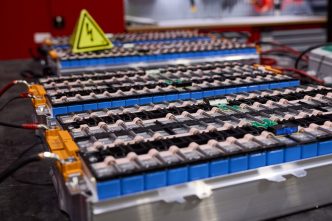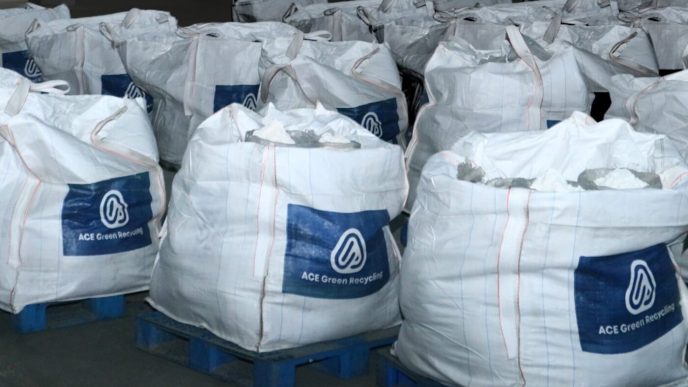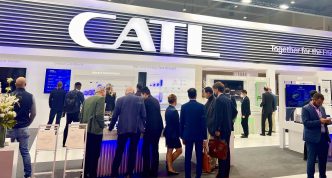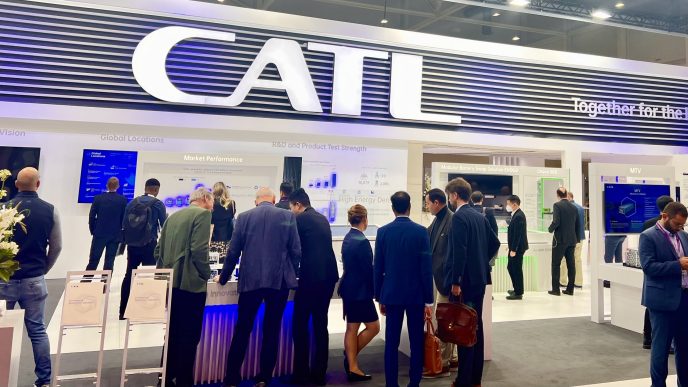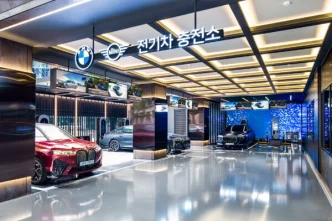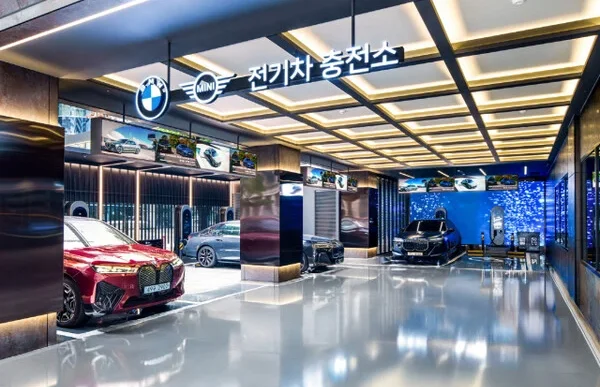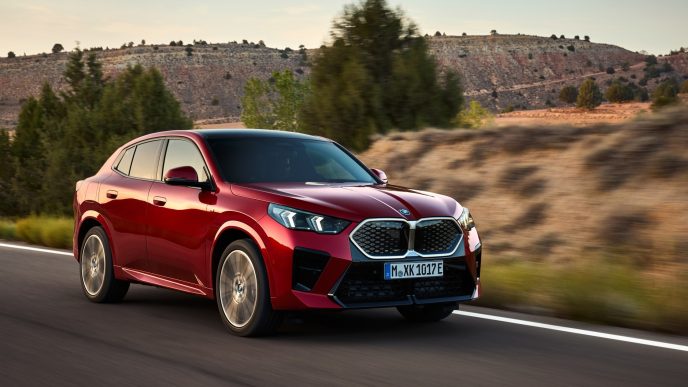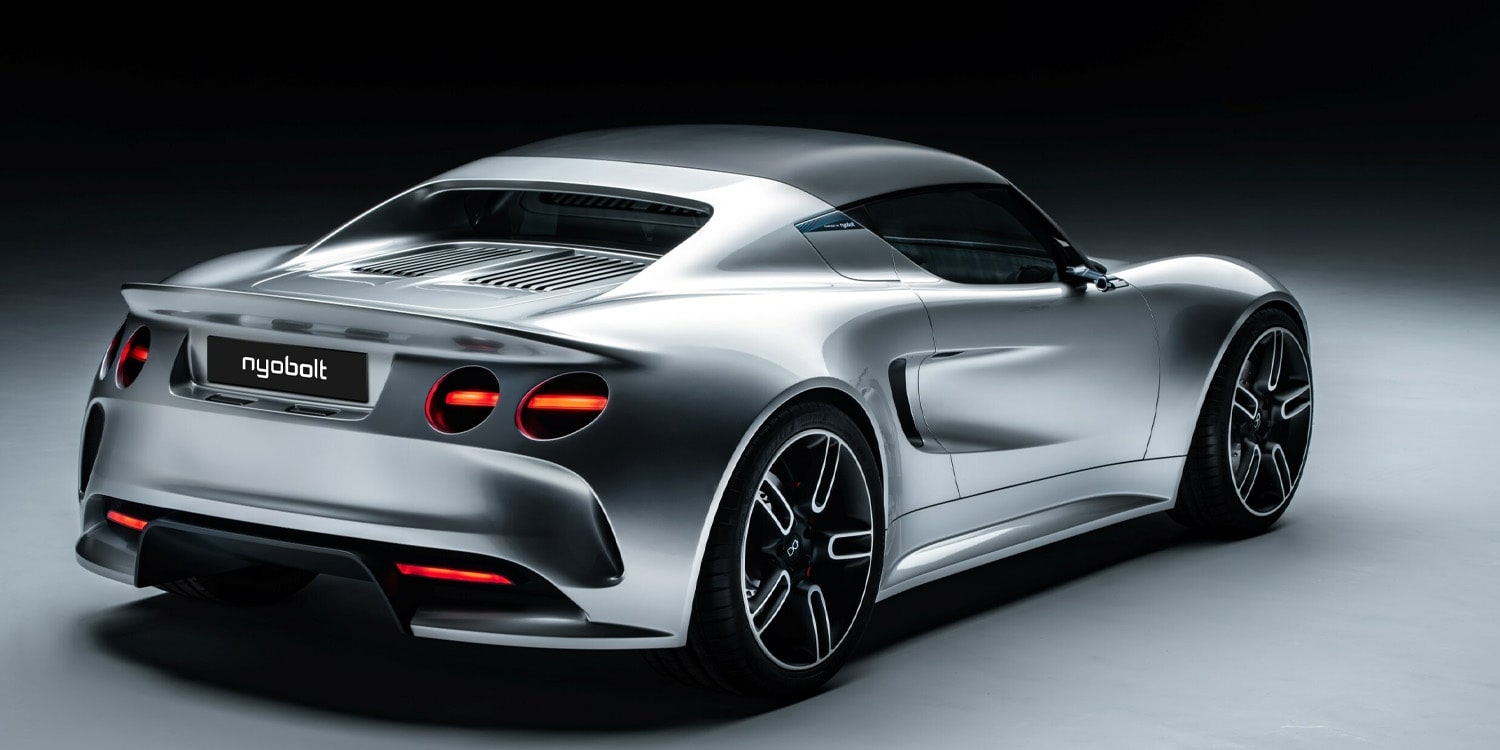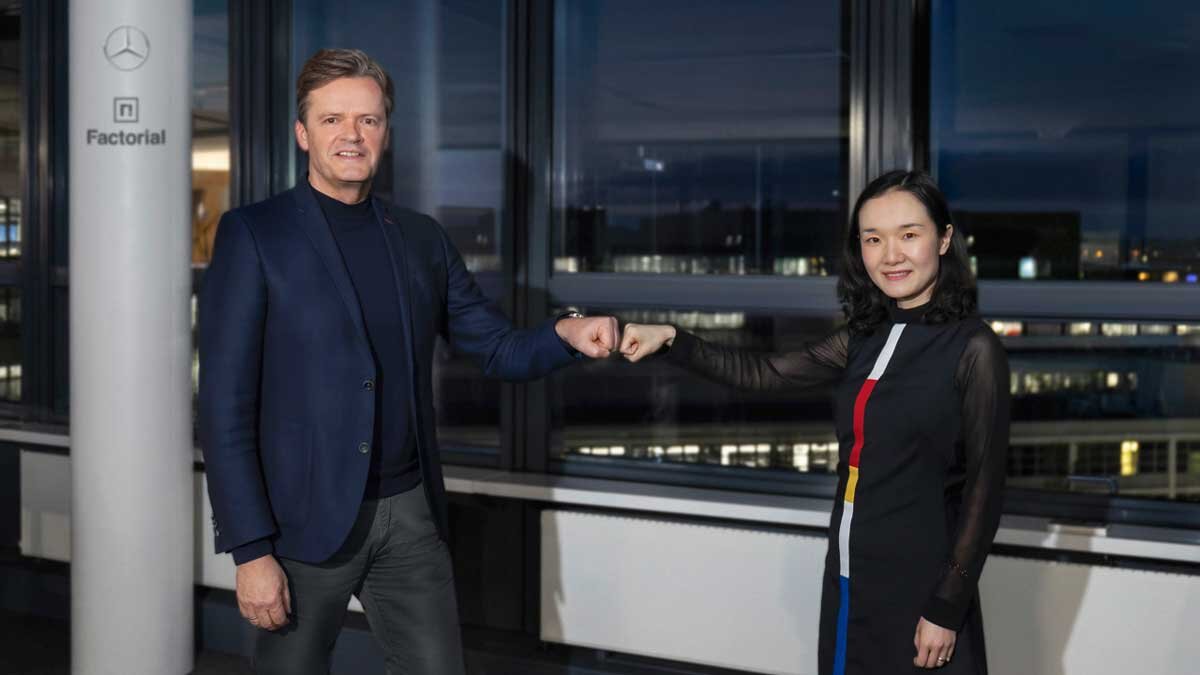The BMW Group has launched a closed-loop battery recycling ecosystem in partnership with SK tes, a leader in innovative technology lifecycle solutions. This process aims to recover valuable metals, including cobalt, nickel, and lithium, from used batteries and reintroduce them into the production of new batteries. The initiative, set to begin in 2026, is part of the company’s broader strategy to promote sustainability and circular economy principles.
The partnership follows a successful pilot project in 2022 by BMW Brilliance Automotive Joint Venture (BBA) in China, which established a closed-loop system for raw material reuse from high-voltage batteries. Building on this success, BMW has now expanded the concept to Europe in collaboration with SK tes, which operates over 40 facilities worldwide.
The closed-loop process involves mechanically shredding old batteries to create “black mass,” from which cobalt, nickel, and lithium are extracted through hydrometallurgical methods. These recovered materials will be used to produce new batteries, including those for BMW’s next-generation GEN 6 drive train. BMW aims to extend this closed-loop process to the North American market (USA, Mexico, and Canada) in 2026.
“We are enhancing our efficiency in terms of the circular economy,” said Jörg Lederbauer, Vice President of Circular Economy, Spare Parts Supply High Voltage Battery, and Electric Powertrain at BMW AG. “The closed-loop process allows all partners to benefit from mutual learning and collaboration.”
BMW also emphasized the importance of increasing the use of secondary materials in components and closing material loops to strengthen the company’s sustainability efforts and supply chain resilience. Nadine Philipp, Vice President of Sustainability Supplier Network at BMW AG, highlighted that the circular economy approach is crucial for building a more resilient supply chain while reducing dependency on raw material sources.
SK tes, founded in 2005, has a proven track record with a recovery rate of over 97% for battery materials, with over 108 million kg of assets recovered since 2021. The company has also received several sustainability and innovation awards, including the Business Intelligence Group’s Sustainability Service of the Year and the UN Global Compact’s Apex Award.

